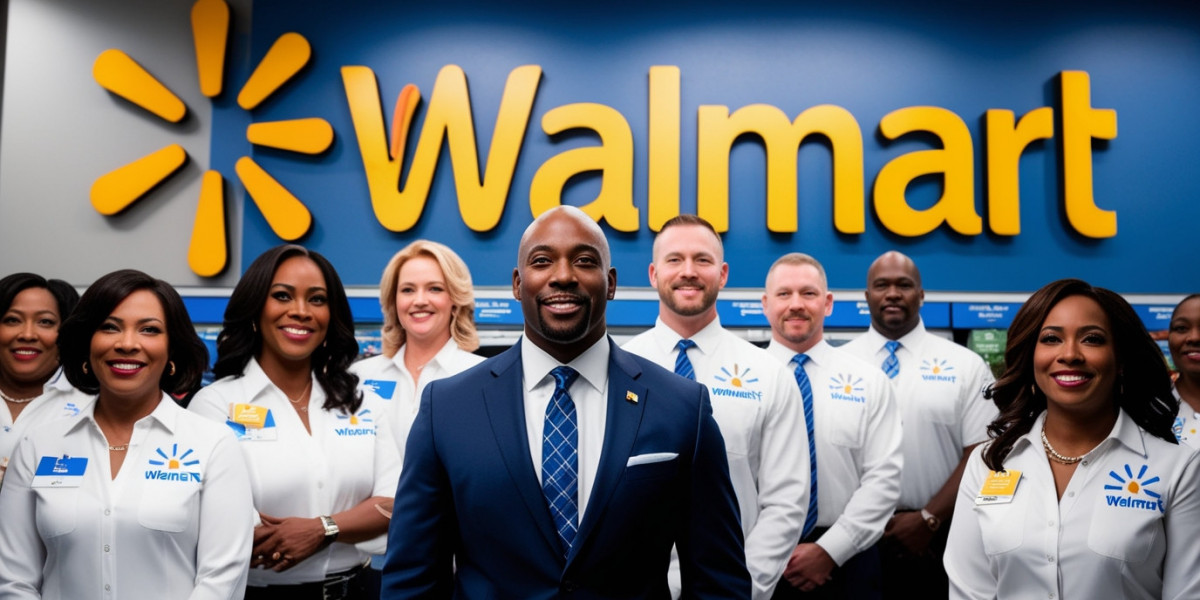The Frustrating Truth About “Walmart Partners”
You’ve interviewed three different companies, each claiming to be the best Walmart store management company. Their websites look the same, their pricing barely differs, and their sales decks all promise “visibility, compliance, and growth.”
But here’s what I’ve learned after sitting on both sides of that table for more than a decade: the difference between a vendor and a partner isn’t visible on a proposal sheet; it’s revealed in how they think.
I’ll never forget a client we onboarded a few years ago, a leading CPG brand who’d just ended a contract with a low-cost provider. Their reports were immaculate: color-coded PDFs, store photos neatly arranged, KPIs ticked off. Yet, their sales had flatlined for three straight quarters. Within our first 30 days, we found the problem: their provider had been reporting compliance, but never analyzing why execution gaps were happening in the first place. Once we corrected their in-store priorities using real-time data and retail media insights, sales rebounded by 18% in two months.
That experience taught me one truth I’ve carried ever since: the best Walmart partners don’t just execute, they anticipate.
Vendor vs. Partner (Why the Difference Costs You Millions)
Let’s call it what it is: the Intelligence Divide.
Most brands don’t realize how much revenue they lose simply by working with a vendor instead of a partner.
Here’s how the two mindsets differ:
The Basic Vendor (Task-Doer) | The Best Walmart Store Management Company (Strategic Partner) |
Mindset | “What do you want me to do?” |
Reporting | Sends you raw data dumps of store audits. |
Communication | Reactive, you chase updates. |
Technology | Uses manual reports and third-party tools. |
Relationship with Walmart | A few surface-level contacts. |
The gap looks subtle on paper, but in practice, it’s the difference between knowing what happened and preventing it from happening again.
5 Non-Negotiable Traits of a Top-Tier Walmart Partner
So how can you tell if you’re dealing with a true strategic partner or just another vendor with nice branding?
Here are the five traits I always look for when advising brands on Walmart service partnerships.
1. A Proprietary Technology Stack (Their “Secret Sauce”)
If their “platform” looks like an Excel export with filters, run.
In my experience, the best Walmart store management companies invest heavily in custom technology that consolidates Walmart Luminate, Retail Link, and field data into one actionable view.
I recently saw one platform that sent instant alerts when a product’s on-shelf availability dipped below 92% triggering same-day field audits. That kind of speed isn’t luck; it’s architecture.
Ask them:
“Can you walk me through your proprietary platform? How does it aggregate data across systems to inform real-time action?”
2. A Culture of Proactive Strategy, Not Reactive Execution
A vendor waits for instructions. A partner sees the trend before you do.
We once had a client whose beverage sales dipped every February. Instead of waiting for a Q1 report, our analysts cross-checked weather data, local event schedules, and competitor promo cycles. The culprit? A regional price war timed to a sports sponsorship. Within 48 hours, we launched a counter-promo and recaptured market share.
That’s not execution, it’s foresight.
Proactivity is not just about acting quickly; it’s about knowing what to expect. According to a 2024 report from Gartner, leading retail service companies are adopting predictive analytics much faster than traditional reporting methods by more than 60%. The best partners are already anticipating trends based on the data.
3. Deep, Established Walmart Relationships
Let’s be honest, access matters.
You can’t navigate Bentonville’s complex ecosystem through a generic help desk. The best Walmart store management company has direct, trusted relationships with category managers and replenishment teams.
These relationships don’t just open doors, they unlock insights.
I’ve seen partners resolve weeks-long compliance disputes with a single phone call to the right buyer. You can’t put that in a contract, but it’s worth its weight in gold.
Ask them:
“How often do you meet with Walmart’s category managers. And can you share an example where that relationship directly benefited a client?”
4. Transparent, Insight-Driven Reporting
Suppose your reports feel like data dumps. They’re distracting, not informative. A partner’s report should state what happened, why, and what’s being done. After revamping our templates, client calls dropped by 30%. Why? Because our reports answered their questions before they had to ask them.
According to a 2024 Deloitte Retail Operations study, brands that implement “narrative analytics” in reporting improve decision-making speed by up to 40%. Clarity, not data volume, drives impact.
5. A Focus on Business Outcomes, Not Service Outputs
This one separates the pros from the pretenders.
A vendor brags about completing 1,000 audits. A partner brags about the 12% lift in sales those audits produced.
It’s a mindset shift from counting activities to measuring outcomes.
When evaluating a provider, I always ask:
“Beyond compliance, how do you tie your work to measurable growth?”
If they can’t answer clearly, they’re managing tasks, not your business.
The Vetting Playbook: How to Find “The One”
Choosing your Walmart management partner shouldn’t feel like guesswork.
Here’s the process I recommend when guiding clients through due diligence:
- Start with Philosophy, Not Pricing. Ask how they approach the five traits above before talking numbers.
- Insist on a Live Tech Demo. If they won’t screen-share, they’re hiding limitations.
- Drill Down on Case Studies. Don’t accept glossy one-pagers. Ask about the problem, their strategy, and the quantifiable result.
- Talk to Real Clients. Ask references what surprised them about the partnership. You’ll learn more from tone than testimonials.
- Evaluate the Fit. You’re hiring a strategic extension of your brand, not a vendor to “handle Walmart.” The chemistry matters.
Your Walmart Success Is a Team Sport
Choosing the best Walmart store management company isn’t about finding the lowest bid. It’s about finding a team that thinks like you, moves faster than problems, and aligns success with your bottom line.
So, ask yourself:
Is your Walmart partner helping you react or helping you win?








